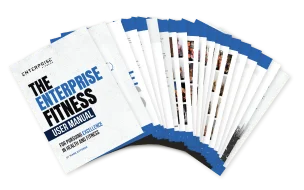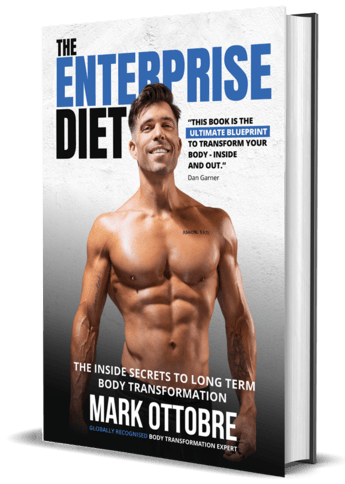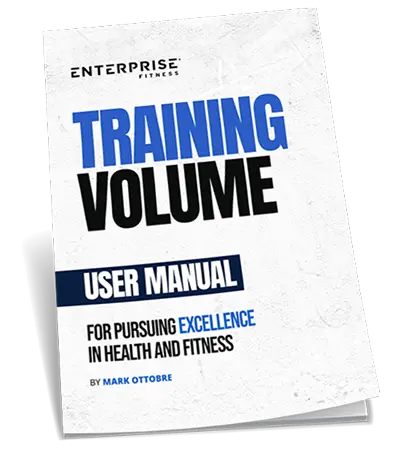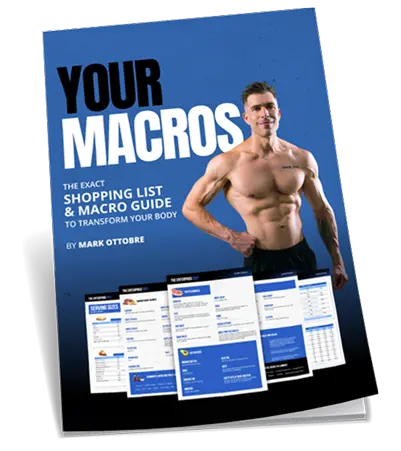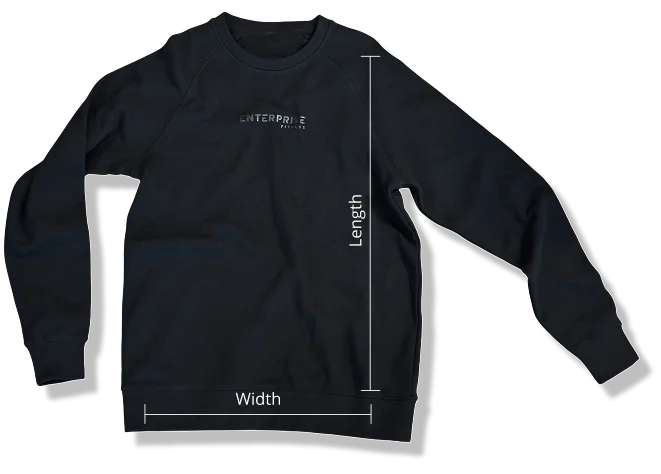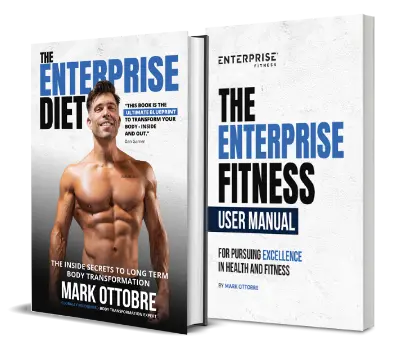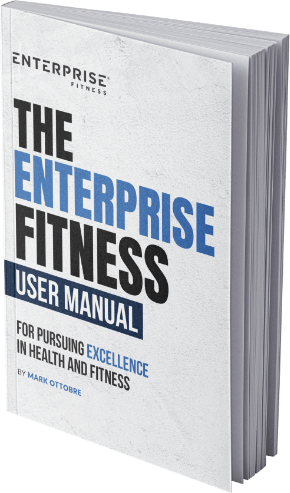Protein pancakes. Cupcakes. Ice creams…
These days you can literally make anything out of protein powders.
But just because you can, doesn’t mean you should!
We asked head coach Mark Ottobre about his thoughts on this, and here’s what he said…
In a fat loss plan, I don’t recommend whey protein. Period. Heated or not heated.
Reason being, whey can convert into glucose quite easily via gluconeogenesis and raise your blood glucose levels.
Want to test this?
Get your fasted blood glucose initially tested from your GP.
Then monitor it using a blood glucose monitor (the type diabetics use for checking blood sugar levels). Check out what happens when you drink whey.
What many people experience is a spike in blood glucose. This is not what we want for fat loss.
Additionally note what your fasted blood glucose is. If it’s above 4.5, I would not recommend whey. If below, then you could possibly include it, but it would only be post training. You need to have optimal insulin sensitivity in my opinion to maximise the benefits of whey.
Whey protein is not a fat loss supplement but sold as one under the promise of “meal replacement’. Fat loss is not about replacing meals, it is about eating proper meals.
What about baking with protein powders? Protein pancakes are a meal aren’t they?
Firstly, why would I add protein to eggs? Protein pancakes don’t make sense as there’s already a good quality source of protein in eggs. Adding protein powder to eggs is now throwing the macronutrient profile off your meals considerably as you’re having too much protein in one meal and not enough fibre and fats.
Secondly, cooking with protein powders denatures the protein, as does with all foods. There are some who believe that the denaturation process makes whey protein become toxic, although it’s up for debate.¹
Regardless, why does it matter? When you denature it, you make it easier to digest (again) which now will have more of an effect on spiking blood glucose – which we need to keep stable to lose body fat effectively.
So in short, cooking with protein may be a better alternative for making the foods you love than adding white sugar… but optimal? Certainly not. Personally, I ditched protein powders years ago, got leaner and felt better.
Thirdly, if you find yourself saying things like ‘I’m addicted to protein powders’ because you’re ‘craving something sweet’, chances are, this is not good for you. Mentally or physically – which is more reason for you to stop having them. No one gets addicted to eggs, beef, chicken, salad, butter, broccoli…
They get addicted to foods that alter brain chemistry. Sugar, wheat, flavourings, MSG… and additives that they add to protein powders. Not actually the whey protein itself. No one gets addicted to whey. It tastes meh naturally – they get addicted to the extra stuff they put in the protein powders to make it taste like cheese cake.
Protein powders are unregualted in this country. They add so much crap to whey protein these days, and labs have found them to have all sorts of nasties, including arsenic.² I just don’t trust many brands. Particularly any sport supplement companies as they cut corners better than Michael Schumacher in his F1 Ferrari.
When doing research on this topic, be mindful that most of the supporting arguments you find are from supplement companies supporting that you use their product.
Is that to say that all whey protein is bad?
The only whey (if I use whey) I recommend clients is raw whey, like Mirabrook protein. One that has least ingredients. If it tastes like choc-cinnamon-latte-cheesecake, remember, that’s many steps away from what whey actually tastes like, and the only way to make that so is via processing and additives.
Mirabrook tastes ok, but certainly not the stuff you go back for.
But beware of bloating…
From expereince with clients (and personally) I have found that ditching protein powders help with bloating issues (but that’s a whole other story as this post is getting too long)
So what now?
I fully acknowledge that getting off protein powders can become overwhelimg for some and it requires a big shift mentally.
But trust me, just hang in there. Follow the process, over time it will become your new normal and you will look and feel better and that will be your lifestyle from then on. Eat your protein, don’t drink your protein.
Mark
References
- Source: Qian, Fang, et al. “Experimental and Modelling Study of the Denaturation of Milk Protein by Heat Treatment.” Korean journal for food science of animal resources 37.1 (2017): 44.
- Maughan, Ronald J. “Quality Assurance Issues in the Use of Dietary Supplements, with Special Reference to Protein Supplements, 2.” The Journal of nutrition 143.11 (2012): 1843S-1847S.
Related Posts
